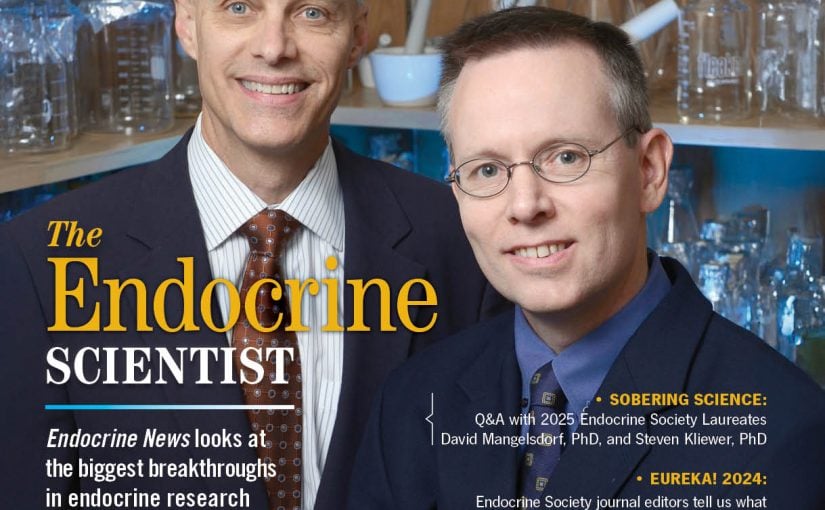As the “Year of Endocrinology” continues, part of the celebration involves reaching out to experts and getting their thoughts about the most significant developments in their respective fields.
To commemorate August as “Endocrine-Disrupting Chemicals Month,” we asked your colleagues what they thought were the most important developments in endocrine-disrupting research or clinical care. We also asked what new discoveries can we expect in the future?
Here are a few of their answers:
What are the most important recent developments in the science and medicine surrounding endocrine disrupting chemicals?

“In 2015, a team of clinical and basic endocrinologists published the Endocrine Society’s Second Scientific Statement on EDCs. This review summarized progress in EDC research from 2009–2015 and identified well over 1,000 original research studies, the vast majority of which demonstrated adverse consequences of EDC exposures based on animal studies and human epidemiological reports. This will be a game-changer in our understanding of EDCs and human health.”
Andrea Gore, PhD, Professor and Vacek Chair of Pharmacology, University of Texas at Austin

“Two general trends and one specific result: General trend one is the broadening of EDC concerns beyond estrogenicity to now embrace a wide array of endocrine endpoints, including obesity and metabolic disruption. General trend 2 is the increasing number of papers on transgenerational inheritance of epigenetic effects. The specific results of importance is the reports by Chavarro et al. that [demonstrated that] (1) women in the highest quartile of bisphenol A during IVF are 70% less likely to have live births; and (2) soy ingestion eliminated the pattern.”
Pete Myers, PhD
Chief Scientist, Environmental Health Sciences
What should we expect to discover in the immediate future?

“Hopefully, we should be able to decipher precise molecular mechanisms of action for many EDCs, and importantly, understand how these work together subtly, synergistically, and dynamically to give rise to the negative endpoints we often only see in epidemiological studies.”
Richard Ivell, PhD
Special Professor, School of Biosciences and School of Veterinary Medicine and Science, University of Nottingham (UK)

“In the immediate future we should expect to see scientists looking at newer or less-studied endocrine disruptors. Although there is still a significant amount of work to be conducted on bisphenol A, for example, I suspect in the near future we will start to learn more about lesser known contaminants that are equally prevalent in our society and largely unknown in terms of their effects on physiology.”
Deborah Kurrasch, PhD
Associate Professor of Medical Genetics, University of Calgary and Alberta Children’s Hospital Research Institute (Canada)
For even more expert opinions, see the Endocrine Society’s Centennial page for August.

